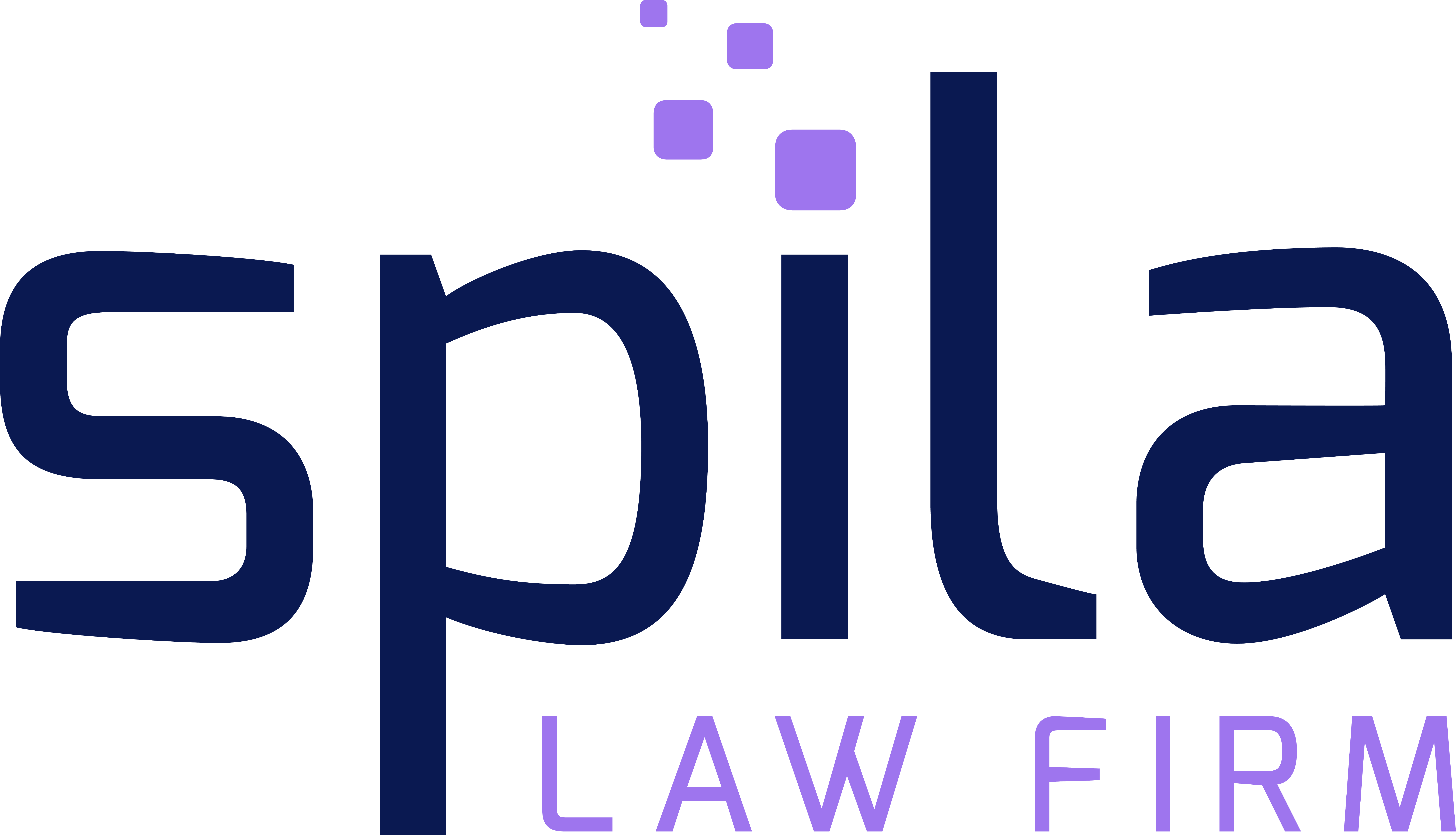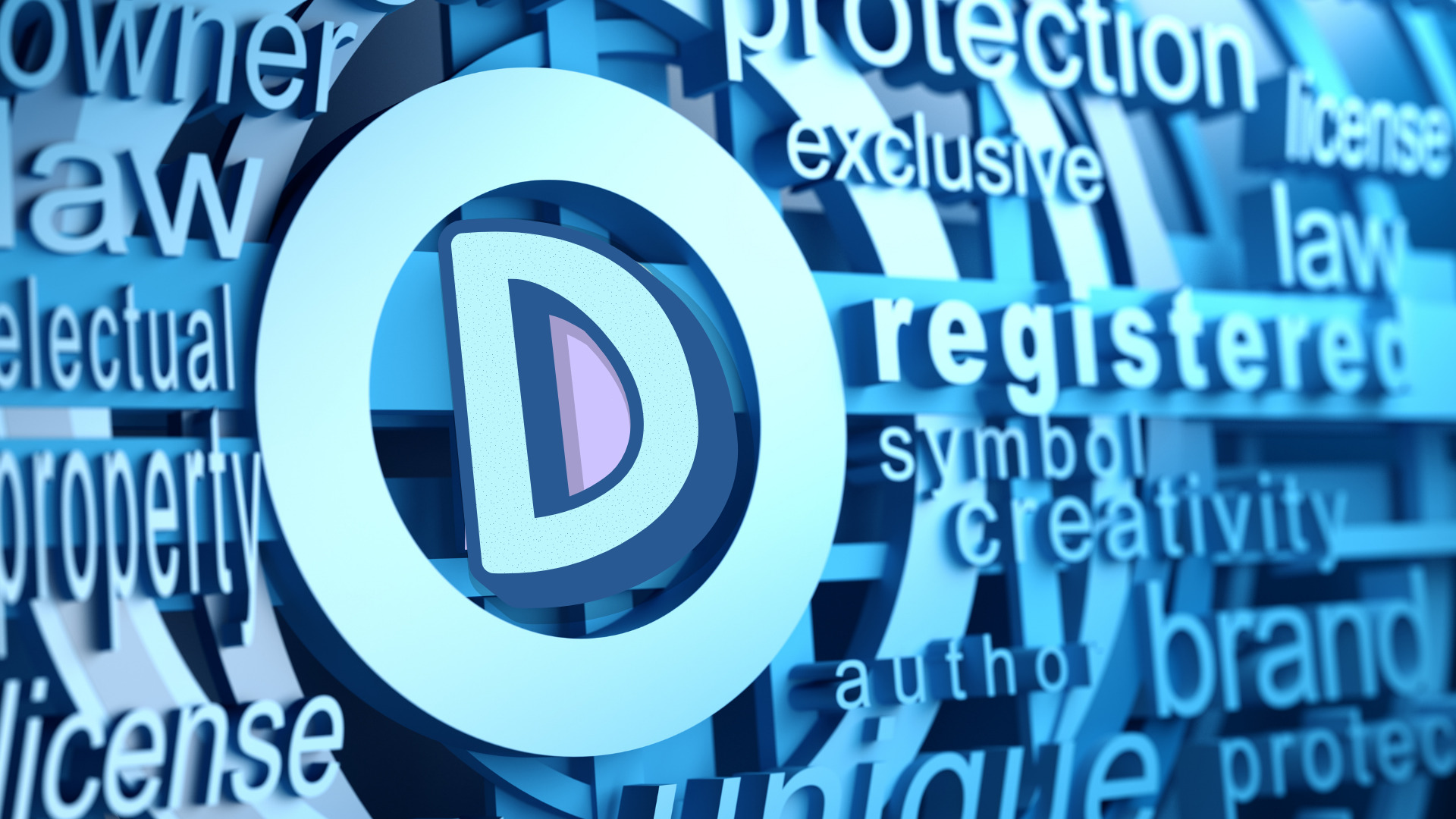Crypto Assets: Copyright in Cryptocurrencies
Cryptocurrencies have revolutionized the way we perceive and transact with digital assets. As the popularity and adoption of cryptocurrencies continue to grow, it is crucial to understand the role of copyright in protecting crypto assets. In this article, we will explore the intersection of copyright law and cryptocurrencies, discussing the importance of copyright protection, the challenges it presents, and the strategies for safeguarding crypto assets.
The Importance of Copyright in Cryptocurrencies
Copyright plays a vital role in protecting the creative and intellectual aspects of cryptocurrencies. While cryptocurrencies themselves are built on blockchain technology, which emphasizes decentralization and transparency, copyright protects the original works of authorship that often accompany or are associated with crypto assets. These works can include whitepapers, codebases, software implementations, logos, graphics, and other creative elements.
Safeguarding Original Works To protect original works related to cryptocurrencies, creators can take several steps:
- Registration: Although copyright protection exists automatically upon creation, registering copyright with the relevant authorities can provide additional legal benefits. Registration establishes a public record of ownership and grants the copyright holder the ability to seek statutory damages and attorney’s fees in case of infringement.
- Licensing: Cryptocurrency creators can utilize licensing agreements to control the usage of their copyrighted works. Licensing allows them to grant or restrict certain rights to others, providing a framework for authorized use and ensuring proper attribution.
- Copyright Notices: Displaying copyright notices on websites, documents, or within the crypto assets themselves serves as a clear indication of copyright ownership and acts as a deterrent against potential infringers.
- Open Source: Many cryptocurrencies and blockchain projects embrace open source principles. While open source licenses grant certain freedoms, they also impose obligations on users to attribute and respect copyright. Understanding and selecting the appropriate open source license for your project is crucial to maintaining control over your copyrighted works.
Challenges and Considerations
Copyright protection in the realm of cryptocurrencies presents unique challenges due to the decentralized nature of blockchain technology and the global scope of crypto transactions. Some of these challenges include:
- Anonymous Creators: Cryptocurrencies often involve pseudonymous or anonymous creators, making it challenging to identify and attribute authorship. In such cases, ensuring copyright protection and enforcing it can be more complex.
- Global Jurisdiction: Cryptocurrencies operate across borders, making it essential to navigate copyright laws and regulations in different jurisdictions to adequately protect creative works.
- Smart Contracts and Automation: Smart contracts, a fundamental aspect of many cryptocurrencies, can automate certain actions or transactions. It is crucial to consider the interaction between smart contracts and copyright licenses, ensuring that the terms and conditions of use are enforced within the digital ecosystem.
Enforcing Copyright in Cryptocurrencies
Enforcement of copyright in the crypto world requires a proactive approach. Monitoring platforms, marketplaces, and blockchain networks can help identify potential infringers. When infringement is detected, sending cease-and-desist letters, filing takedown requests, or pursuing legal action may be necessary to protect copyrighted works.
Collaboration and Community Engagement
In the evolving landscape of cryptocurrencies, collaboration and community engagement are crucial. Establishing industry standards, sharing best practices, and promoting respect for intellectual property rights within the crypto community can contribute to a more robust and protected ecosystem.
Conclusion
Copyright protection plays a pivotal role in safeguarding the creative works associated with cryptocurrencies. From whitepapers to codebases, protecting these original works is essential for maintaining innovation, fostering trust, and ensuring the integrity of crypto assets. By understanding the importance of copyright, implementing strategies for protection, and engaging with the crypto community, creators can navigate the unique challenges and contribute to a thriving and respected crypto ecosystem.






